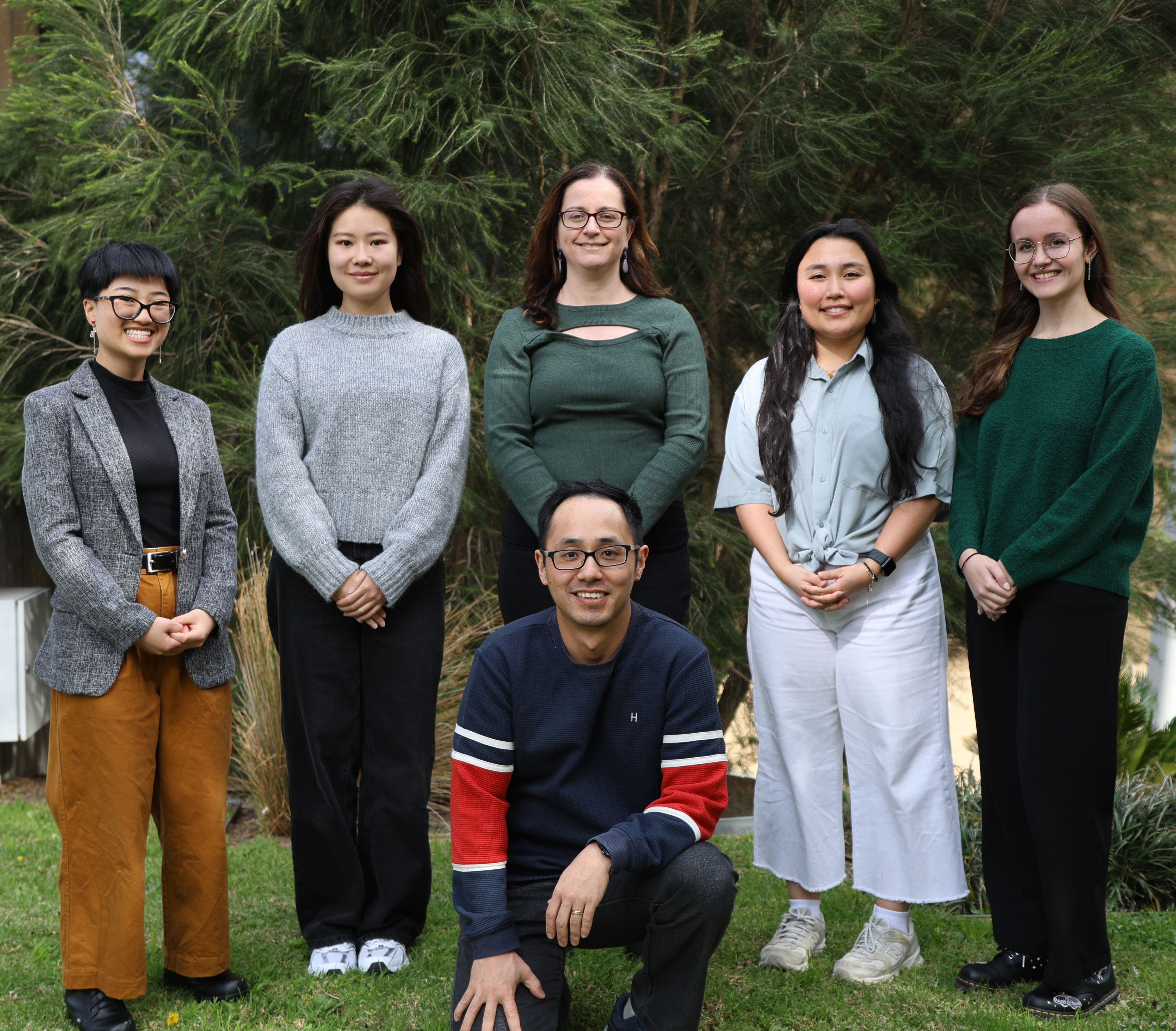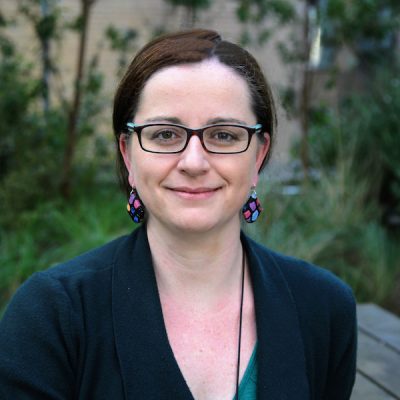Leukaemia Modelling and Therapeutic Discovery
Carmichael Group
Acute Myeloid Leukaemia (AML) is the leading cause of leukaemia-related deaths, with a five-year survival rate of less than 30 per cent. The Carmichael group study the mechanisms driving AML development with the goal of identifying and developing new treatments for this devastating disease.

Research group
Overview
Dr Catherine Carmichael leads the Leukaemia Modelling and Therapeutic Discovery Research Group and the Acute myeloid leukaemia program at Hudson Institute.
Acute Myeloid Leukaemia (AML) is an aggressive blood cancer resulting from the uncontrolled proliferation and impaired function of immature myeloid cells in the bone marrow.
Each year about 1000 Australians are diagnosed with AML and more than half ultimately succumb to their disease within five years. Chemotherapy remains the backbone of AML treatment, and while most patients initially achieve remission with chemotherapy, many will ultimately relapse with chemo-resistant disease. New therapeutic strategies are needed.
The Leukaemia Modelling and Therapeutic Discovery Research group uses sophisticated leukaemia modelling approaches to identify common molecular and biological dependencies of transformed myeloid cells that could offer new therapeutic targets with broad applicability across diverse genetic subtypes.
The ultimate goal of this research is to identify and develop new treatment opportunities for AML patients that will enhance survival and reduce the impact of this aggressive blood cancer on patients, carers and family members.
“AML is a devastating disease with poor survival. Despite decades of research, treatment options remain limited and long-term remission rates low. Only through a deeper understanding of how AML develops can we hope to identify critical dependencies that can be therapeutically exploited to specifically and sensitively kill leukaemia cells.” Dr Catherine Carmichael
Diseases we research
Areas of focus
- Investigation of transcription factor function during normal and malignant blood cell development
- Generation of genetic models of Acute Myeloid Leukaemia (AML)
- Targeting Epithelial-Mesenchymal Transition (EMT) modulators in AML
- Generating sophisticated models of childhood AML for the identification of new therapeutic targets
Research Group Head | Dr Catherine Carmichael
Acute Myeloid Leukaemia (AML) is a blood cancer that develops rapidly with low survival rates and limited treatments. My research aims to identify leukaemia-specific weaknesses that can be therapeutically targetable, with the goal of improving survival rates for AML patients.

News from the lab
Student opportunities

Collaborators

Publication highlights








